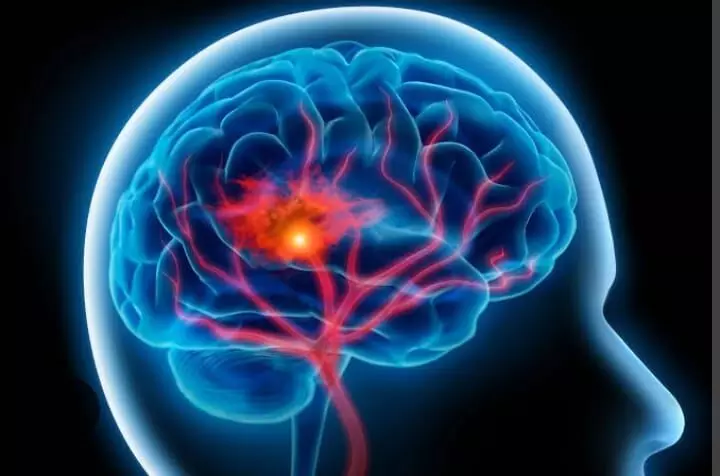1out of 3 stroke patients suffer long-term health complications
Studies show that stroke continues to be the third-most common cause of death in developed countries and remains one of the leading factors behind fatality among developing nations
By Sulogna Mehta
Representational Image
Faridabad: The long-term effects of stroke can be multifaceted: ranging from movement disorders like tremor, dystonia, Parkinson’s and epilepsy to depression and cognitive challenges. A third of all stroke patients fall prey to these health issues, said Dr Sanjay Pandey, head of the Department of Neurology at Amrita Hospital, Faridabad.
Stroke – a leading cause of death and disability
Studies show that stroke continues to be the third-most common cause of death in developed countries and remains one of the leading factors behind fatality among developing nations too when it comes to deaths and disabilities owing to non-communicable diseases. While most healthcare providers focus on the gravity of acute strokes, they often fail to turn an eye towards the long-term health implications of such strokes.
50 per cent of stroke survivors continue suffering
In this regard, Dr Pandey said, “Most stroke patients suffer from epilepsy. But post-stroke movement disorder emerges as the biggest complication with a staggering morbidity rate of 10-15 per cent. Post-stroke epilepsy follows closely at 10-12 per cent, while post-stroke depression, though significant, stands at 5-9 per cent. Regrettably, 50 per cent of stroke survivors go undiagnosed of such post-stroke complications.”
Physical and mental health take a long-term toll
“Long-term consequences, including post-stroke epilepsy, movement disorders, chronic pain and paralysis, significantly erode one’s quality of life. Joint deformities, facial asymmetry, contractures, and bedsores are also common. Stroke can have its impact on a patient’s mental health too in the form of anxiety, depression, memory lapses and difficulties in concentration.
In some cases, individuals may develop vascular dementia, which can present itself as Alzheimer’s disease. Cognitive challenges arising out of stroke can impair fundamental tasks such as eating, bathing, and everyday activities for which an individual has to rely on caregivers. The lingering effects of a stroke can lead to an enduring state of dependence and, in many instances, a loss of employment,” added Dr Pandey.
Treatment for post-stroke complications
However, there still remains hope for stroke patients as the long-term implications can be treated with early mobilisation, physiotherapy and occupational therapy. For instance, Botulinum toxin injection has helped patients suffering from post-stroke spasticity and dystonia. They can improve the overall functional outcome of the patients. Furthermore, there are prevention strategies for recurrent stroke, which can help reduce the long-term impact of a stroke, the doctor said.